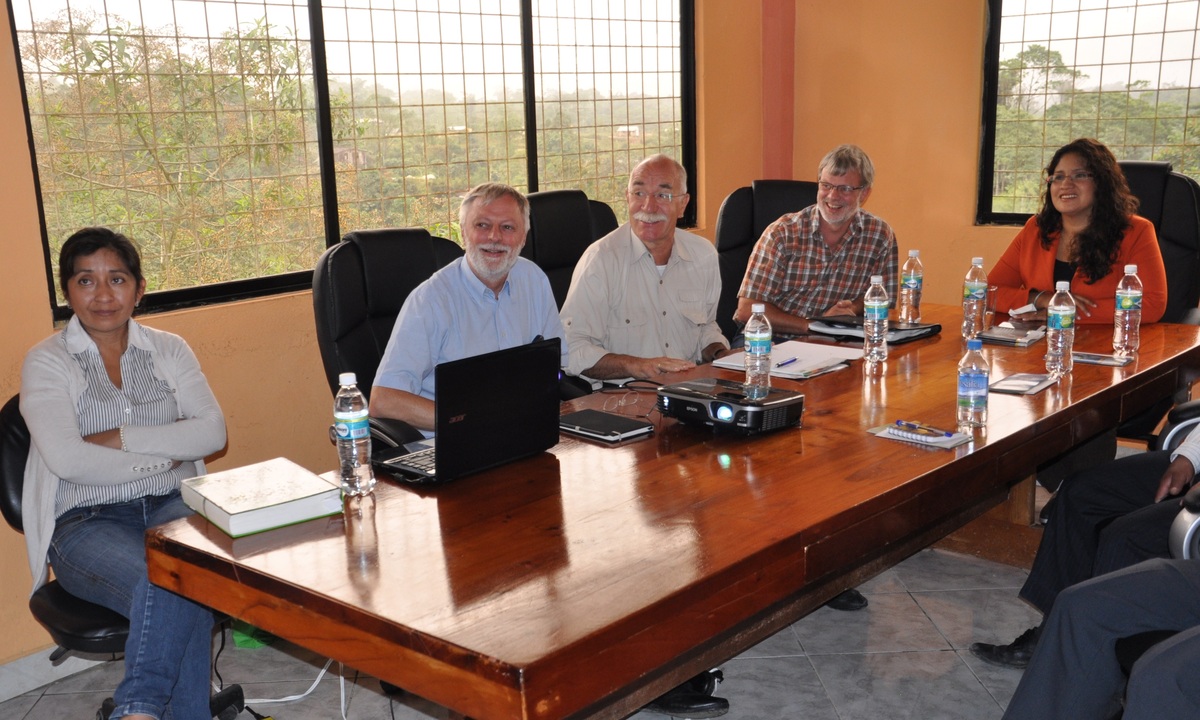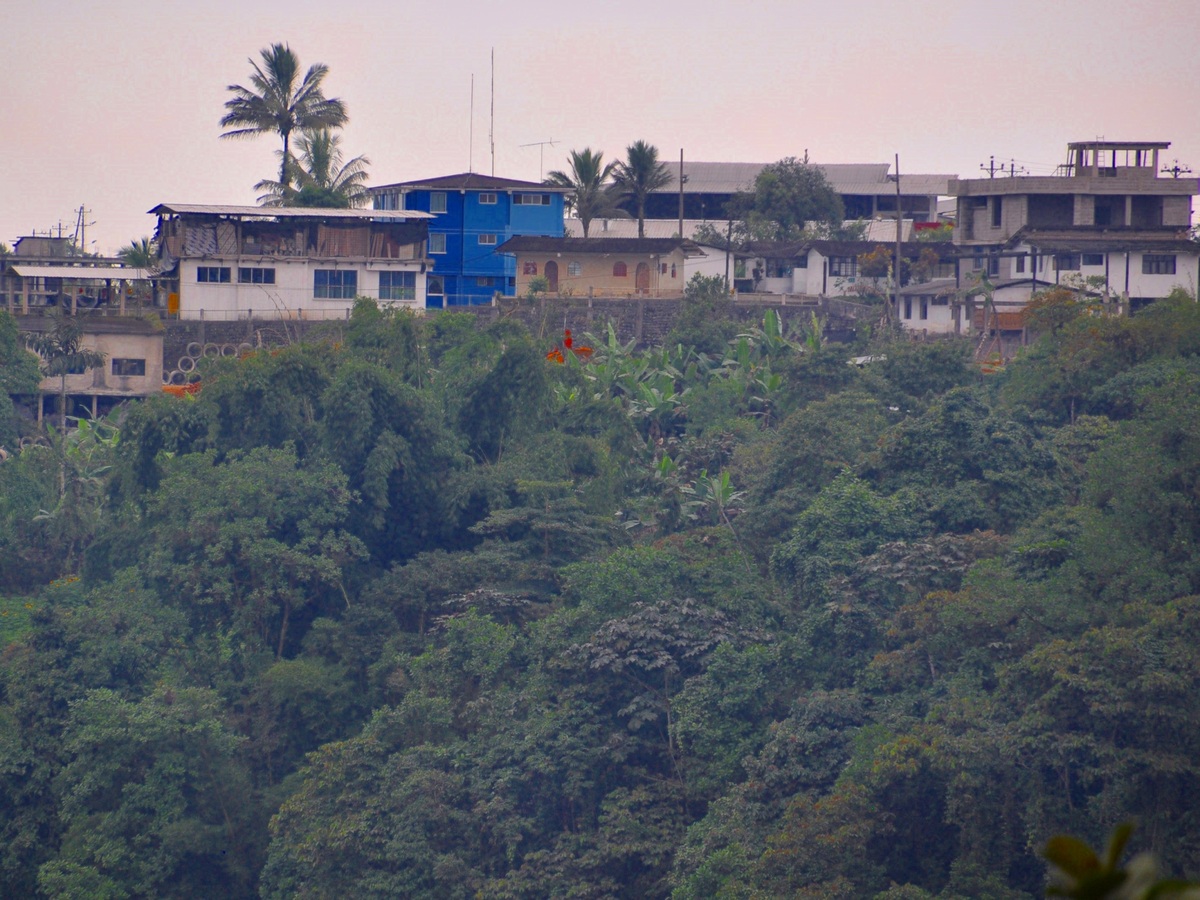ITAS expert supports Karlsruhe’s climate partnership
How can we reduce emissions and develop at the same time the necessary measures to be prepared for the impacts of climate change? Funded by the project “Municipal Climate Partnerships” of the German Federal Government, the city of Karlsruhe and the Los Bancos canton in the Ecuadorian Andes have been working on these questions since January 2015. The required scientific expertise is provided by ITAS member Volker Stelzer. The expert for sustainable energy supply has analysed the energy situation, also on the spot in Los Bancos, and its impacts on climate-relevant emissions with different actors. This resulted in a project plan for Los Bancos which should be realized starting in 2017.
The plan includes projects in the fields of energy savings and the use of renewable energies. Due to moderate temperatures in the region throughout the year, almost no energy is required for heating. Therefore the biggest efficiency increases can be achieved in the heating of raw water for private households, the industry, and agriculture. However, the difficult application conditions of renewable energies are a problem: There are hardly any usable wind speeds in Los Bancos and longer periods throughout the year when the bigger part of the region is covered by clouds or fog. Therefore a pilot plant should give information about the efficiency of solar systems in this region.
In 2017 a feasibility study will be prepared for an information center. It shall inform the local population at the one hand and tourists on the other hand about the reasons for climate change and its impacts on Los Bancos. In addition, the project partners will finalize the plans for a new biogas plant which will use the local slaughterhouse’s waste materials to generate energy. Reforestation with local tree species should also prepare Los Bancos in a better way for the impacts of climate change, bind CO2, and contribute to the preservation of the region’s high biodiversity. In addition, further studies on the potentials of energy savings and the use of renewable energies are planned in the next years. (19.01.2017)
Further information:
- Project site of the city of Karlsruhe on the Klimapartnerschaft Ecuador



